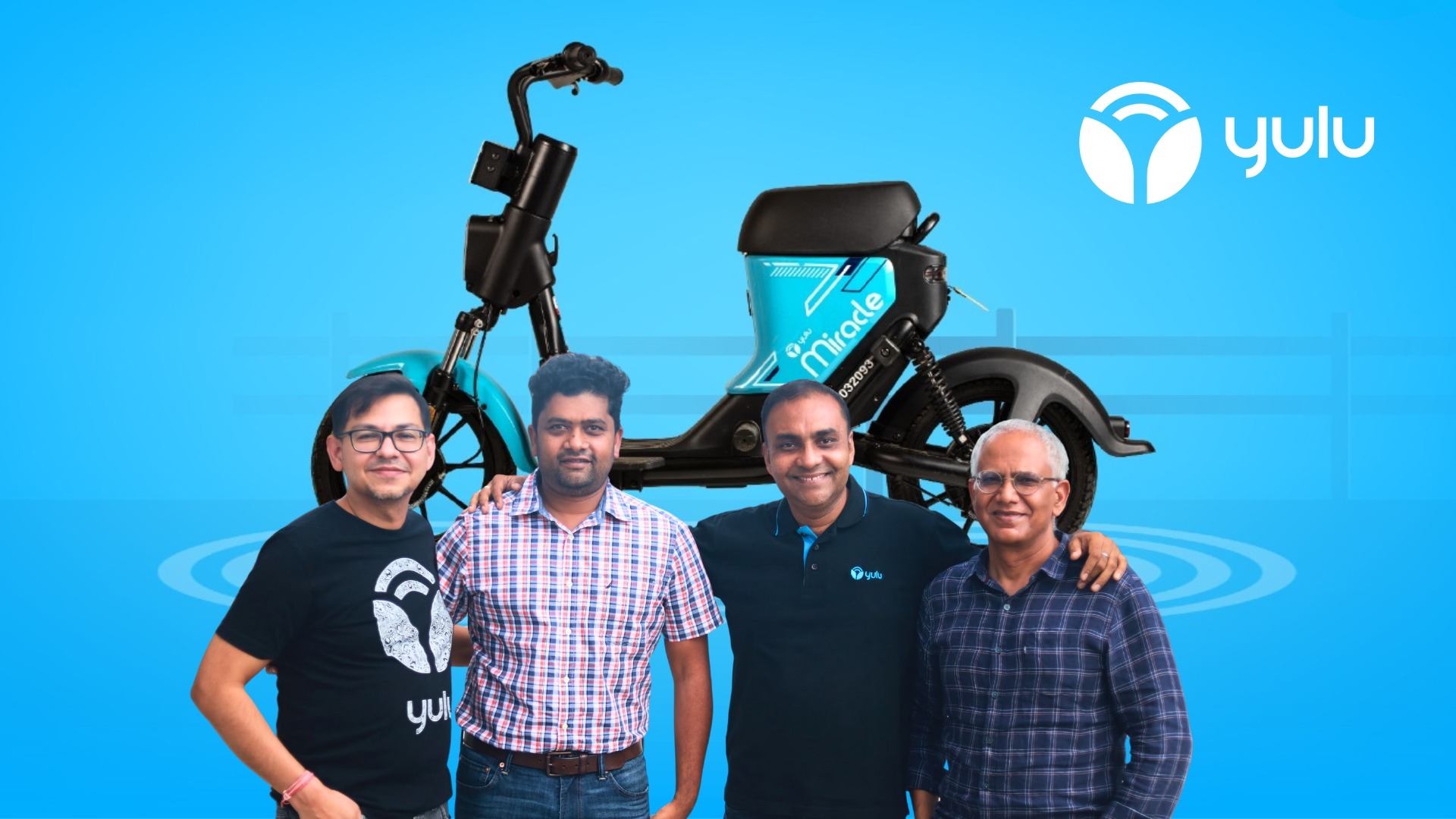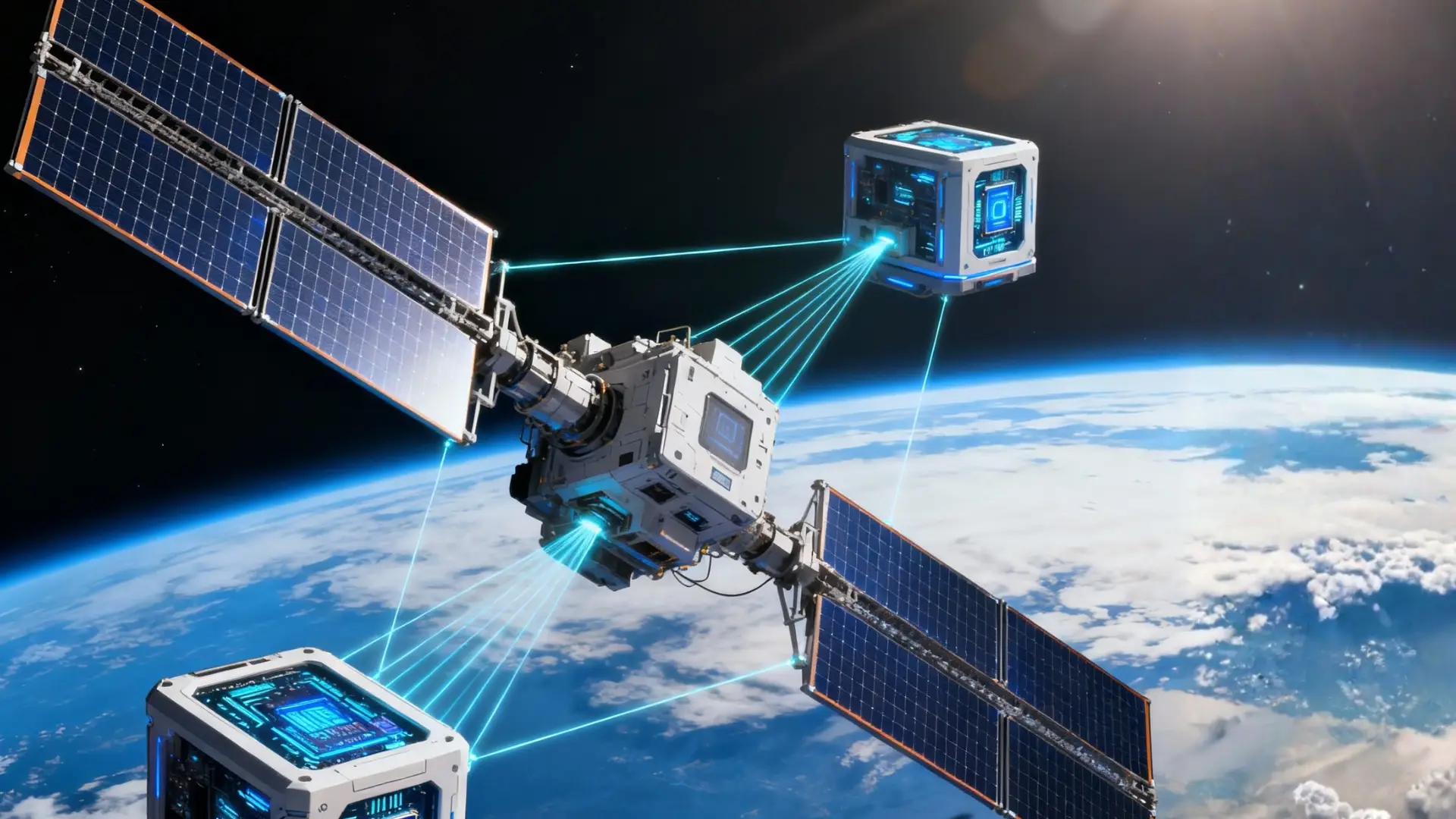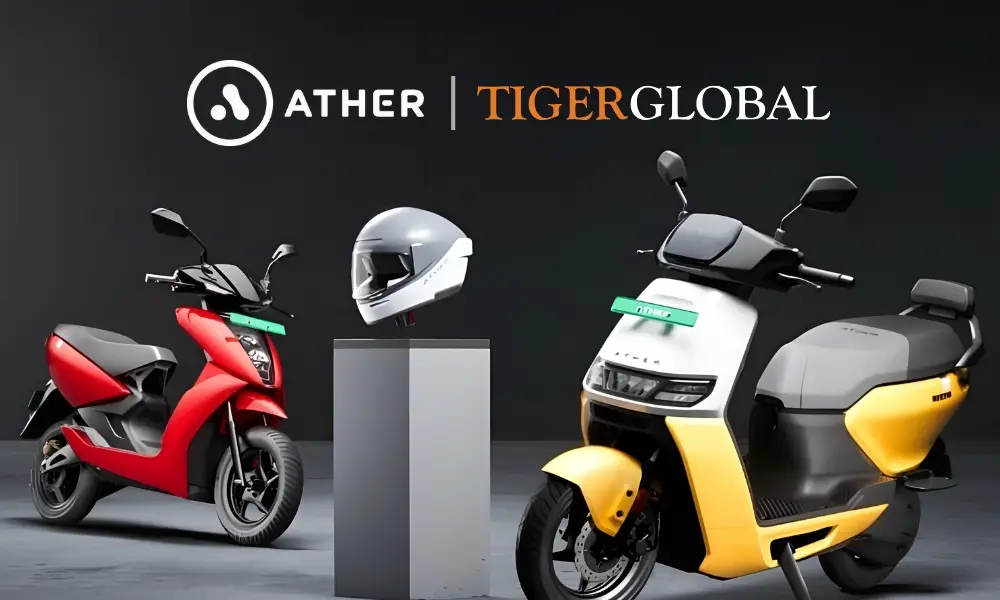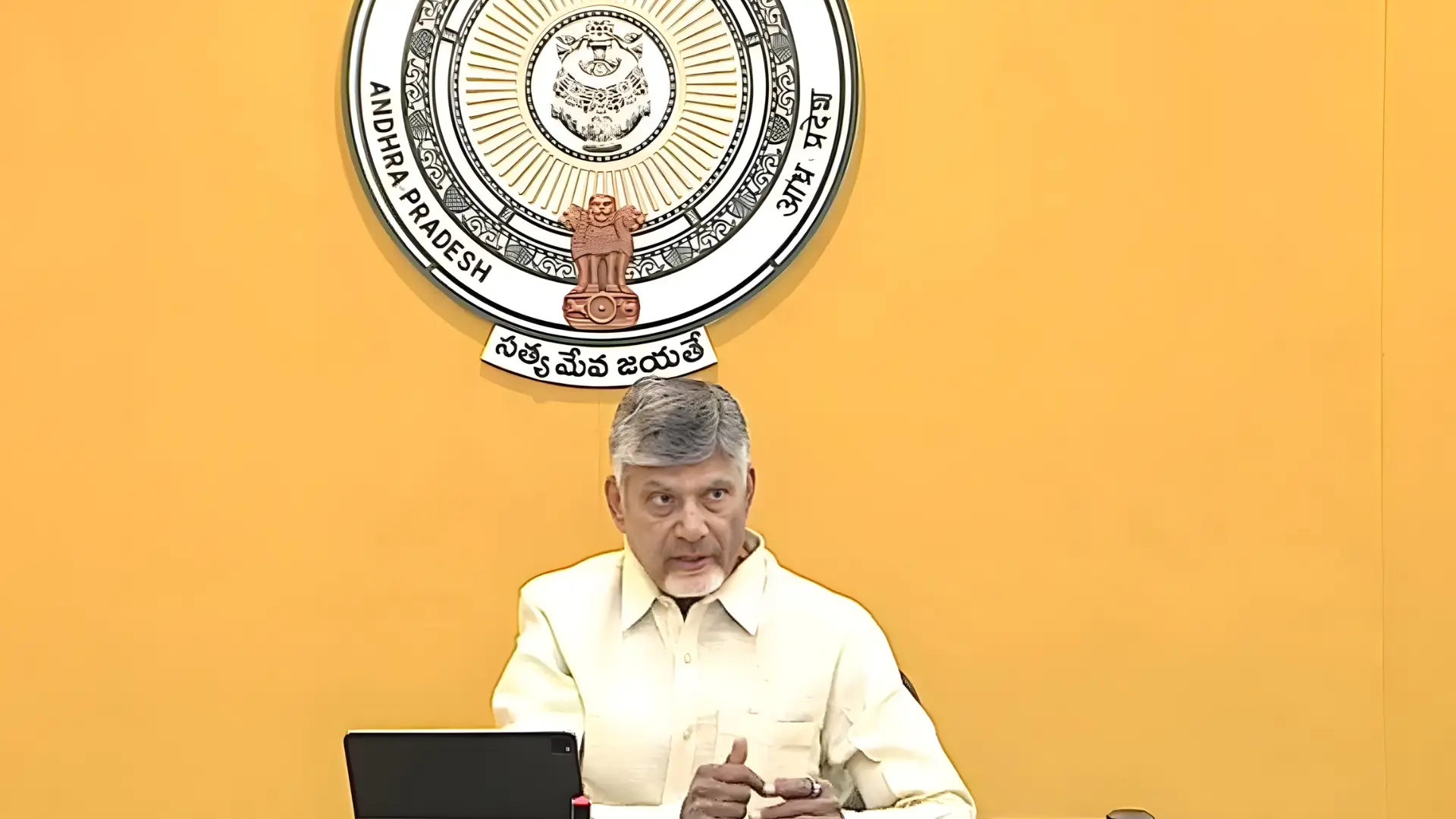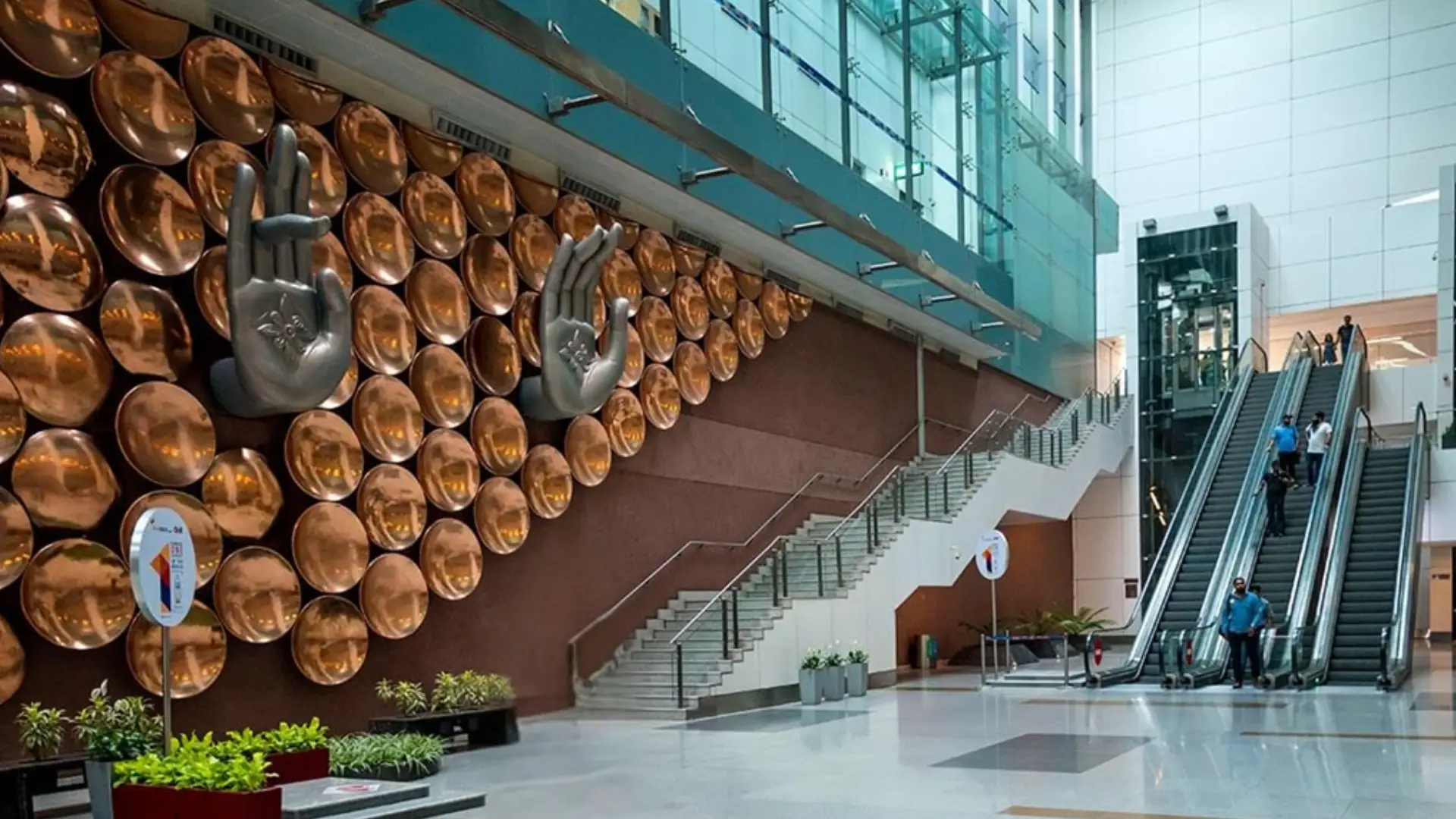Imagine you’re living in a metro city, let’s take Bengaluru as an example. Traffic here is not just a problem, it’s a way of life. In fact, whenever people talk about traffic in India, Bengaluru almost always gets mentioned. Even a short 2–3 km trip can easily take 20 minutes.
But traffic is only half the story. There’s another headache we face every single day, not just in Bangalore but in any metro city, which is the last mile connectivity problem. Imagine you live in one area, your office is in another, and the distance from your bus or metro stop to your office is about 2 km. What do you do? Walk under the hot sun? Or get into a vehicle only to move at a slow pace in traffic? Even if you take public transport to your office area, you still have to walk from the nearest stop.
And that’s what life in most metro cities looks like. Endless traffic, broken first and last mile connectivity, and unreliable transport options. But what if I told you there’s one company that has taken these exact pain points and built a solution that’s changing the way India’s cities move?
The company we are talking about is Yulu. Yulu is an Indian electric mobility company that’s all about solving one big challenge, how to make short-distance travel in cities fast, affordable, and eco-friendly. If you’ve ever seen small, bright-blue two-wheelers going silently through city roads or parked neatly near metro stations, that’s Yulu.
Today, Yulu operates in multiple Indian cities, partners with metro networks, delivery companies, and even manufacturers like Bajaj Auto, and has become a go-to solution for thousands of daily commuters and gig workers. Yulu was founded by a team, Namely Amit Gupta, Naveen Dachuri, R K Mishra and Hemant Gupta. Yulu journey started in the year 2017, when the founders noticed a pattern in his daily life in Bangalore. Like millions of others, he was losing hours each week to short but painfully slow commutes. So, he decided to started Yulu to solve this issue. And you all know Amit Gupta not because of Yulu but for his first venture which InMobi which is India’s first unicorn.
Yulu first started with smart bicycles you could unlock using a QR code in their app. They placed them near metros, tech parks, and busy spots so people could ride and drop them off easily. People liked it, but the team soon realised most wanted a faster, sweat-free option. So, in 2019, they launched the Yulu Miracle, a small electric scooter, no license needed, rentable by the minute. It cut short trips in half the time and became a game-changer for the company.
Well, now you may think problem is smaller right or may be the target audience are lesser right? No. If we look at the numbers it reveals how big is the problem. After they started the company, Yulu has completed over 80 million rides. Yulu has a fleet size of about 45,000 electric vehicles and they want to increase their fleet size to 1 lakh vehicles by mid-2026. In FY24, company generated revenue of about INR 123 crore and their annual recurring revenue stands at $23 million. But they are playing this game in a very strategic manner. And that’s why it is growing at a faster rate.
But how are they running it so efficiently? The ecosystem itself gives it a great advantage and it has some really great partnerships. Bajaj Auto is one of the investors and not just that, they actually make Yulu’s vehicles. That means world-class R&D, high-quality manufacturing, and the kind of scale a young startup could never achieve on its own. Then there’s Magna, a global automotive powerhouse. Together, they created Yuma Energy, a battery-swapping network where a rider can replace an empty battery in under a minute. For delivery workers, that’s gold.
And of course, Yulu didn’t stop there. They entered directly into the quick commerce boom by partnering with Zomato, Swiggy, Zepto, Blinkit, and even Amazon. This means their Yulu DeX scooters are always on the move, carrying everything from groceries to hot meals, and keeping demand rock-solid. And on top of all of this, they us technology that make the Yulu smarter and customer friendly and helps you get out of the major problem in urban cities.
Over the years, they’ve raised over $120 million from a mix of global and Indian investors. Apart from Bajaj Auto and Magna International, Yulu has attracted backing from Blume Ventures, Rocketship.vc, and even the US International Development Finance Corporation (DFC). What started a simple solution to the daily problem has now grown bigger and expanded into other cities and helping lakhs of people.
The whole journey of Yulu highlights, how solving a simple problem for wide number of people helps you to build a multi-million-dollar business. What we are witnessing is just the start, because they are just serving in a few cities. If they expand it to other major cities, the next big thing that we can here is Yulu.
Also Read: Why Virat Kohli Rejected ₹300 Crore from Puma to Back Agilitas Sports
